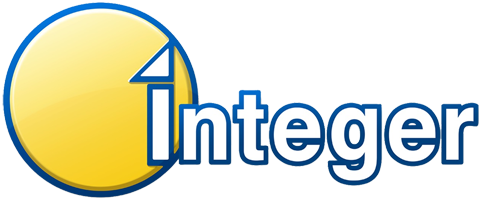
BCS Level 4 Digital Modular Programme in Software Development
Blended Learning
"Analog keep your focus where it should be."
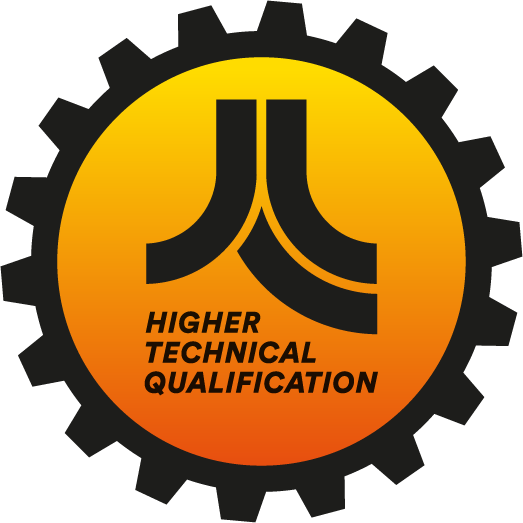
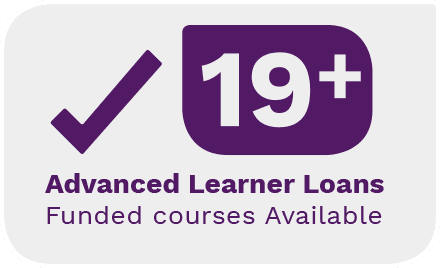

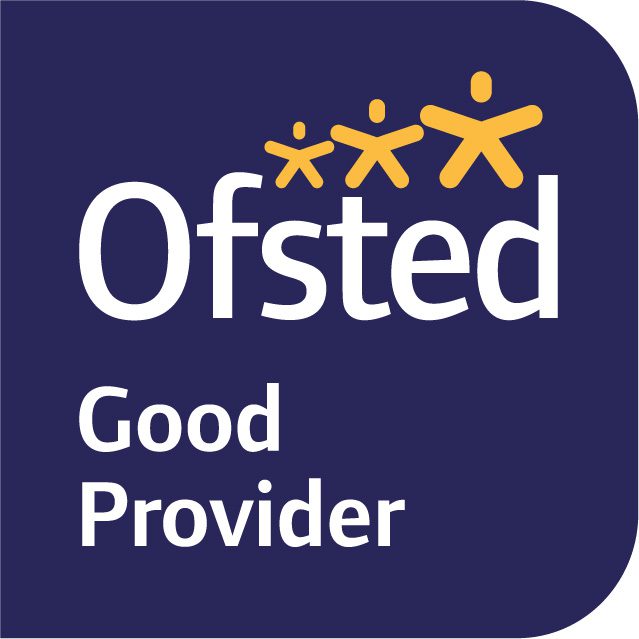
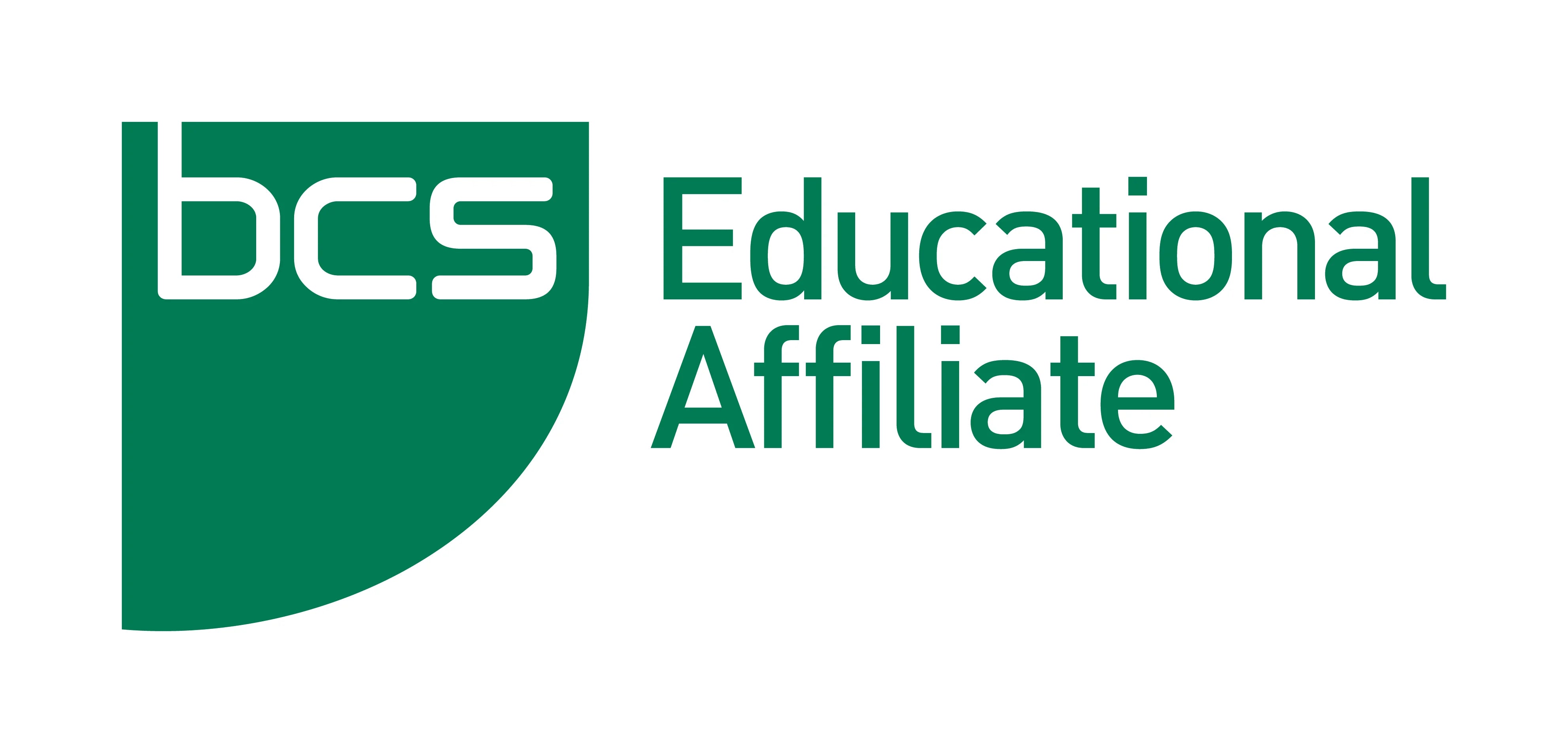
The Level 4 Digital Modular Programme has been designed to support learners who might just be starting out in their digital careers, those currently seeking employment or wanting to retrain for new employment opportunities.
It is an occupationally focused qualification that will:
- Enable a learner to develop their knowledge and skill within a particular specialism to help solve business problems.
- Develop an understanding of the wider business environment, working with different stakeholders, and how their role can positively contribute to the success of the organisation.
- Assess their applied knowledge and skills through work-oriented assessment methods.
- Enable a learner to identify a pathway to progress within their career.
Assessment Method
Each module is assessed through a digital assessment. A learner should expect to take two exams: one for the Digital Core and one for their chosen occupationally focused module. Each exam will be provided in two parts:
- Part 1 - Knowledge Test - this will focus on testing the learner’s knowledge through a series of questions that will include multiple response, fill the blanks, drag and drop and ordering questions.
- Part 2 - Situational Judgement Assessment - this will focus on testing a learner’s applied knowledge, skills and behaviours to a set of real-world scenarios. Each scenario will include a set of questions and tasks that will challenge the learner to solve a particular business problem through analysis, decision making, and application of techniques specific to their occupationally focused module, for example, practical use of statistical programming languages. The learner will be assessed against the criteria in the Digital Core and their chosen occupationally focused module for the digital assessments.
In order to enable the learner to showcase the specialist skills they have developed while on programme, they will be required to carry out a work-oriented project that will account for 30 hours of their total qualification time. Through the undertaking of this project, the learner will be able to practically demonstrate their ability to solve a particular business problem, providing evidence of their competency within the skills and behaviours defined in the occupational standard e.g. Data Analysis. This project can be carried out in the context of their own workplace or in relation to a given scenario where the learner is not currently working in the role. The learner will be required to present the results of their project within a 3,500 word report. The learner will be assessed against a set of pass and distinction criteria for the project. These criteria have been designed in line with the occupational standard.
Roles & Responsibilities
This occupation is found in every sector in organisations ranging from large multi-nationals, public sector bodies and government projects developing multi-billion-pound software solutions to support key projects to small consultancy firms designing bespoke software solutions for clients.
For example, Financial Services, Transport, Security and Defence. The broad purpose of the occupation is to understand a client's requirements as provided in design specification and then build and test high-quality code solutions to deliver the best outcome.
Software development technicians are the supportive entry level team member helping to create computer programs. Some assist in developing the applications that allow people to do specific tasks on a computer or another device. Others assist in developing the underlying systems that run the devices or that control networks. For example, a software development technician may work to support a software developer or wider team on Transport ticketing systems, traffic light control systems, customer-facing websites for journey planning and account management, internal websites for monitoring the status of train and road networks. They may assist in developing software to create bespoke asset management systems.
- Learn practical, real world skills
- Choose a learning style that suits you
- Demonstrate your professional excellence

Why HTQs?
A HTQ is a prestigious, quality-marked qualification by the Institute for Apprenticeships and Technical Education (IfATE) aimed at meeting employers’ needs and increasing learner engagement in level 4 or 5 technical education.

Aims & Objectives
This qualification has been aligned to the IT skills framework SFIAplus, allowing learners to plot their progression against an internationally recognised and industry defined benchmark. All of BCS’s certifications, apprenticeships and professional registrations are aligned to the SFIAplus framework, making it clear to our learners that they are progressing at the right level for their chosen career path.

Endless Progression
This occupation is found in any employer in any sector that uses data to make business decisions. Data analysts may work in various departments within a single employer, (for example finance, sales, HR, manufacturing, or marketing), and in any employment sector, public or private, including retail, distribution, defence, banking, logistics, media, local government etc.
Course Information
Key Features
The Level 4 Digital Modular Programme has been designed to support learners who might just be starting out in their digital careers, those currently seeking employment or wanting to retrain for new employment opportunities.
This project will enable you to demonstrate your ability to design, build and test a software solution which fulfils the given requirements. It requires you to draw upon experience gained during your day-to-day work or training to design a project which addresses a software development task that is relevant to your role, or to a given a scenario if you are not currently working in a software development role.
Course Duration
This qualification will take approximately 12 to 18 months to complete.
Who’s it suitable for?
Learners must be aged 18 or over to study this qualification & live in the UK. We do not set any other entry requirements.
Registration is at the discretion of Integer Training in accordance with equality legislation and should be made on the Portal.
In order to gain a BCS Level 4 Digital Modular Programme certificate, a learner will need to complete two
modules: the Digital Core module, plus one occupationally-focused module which will enable a learner to become qualified in a particular specialism.
Assessment
Digital exam which includes a scenario-based situational judgement assessment.
A work-orientated project to enable the demonstration of practical
application of skills and behaviours.
Fees & Funding
Please contact Integer on 01288 356263 for details of fees and funding opportunities.
